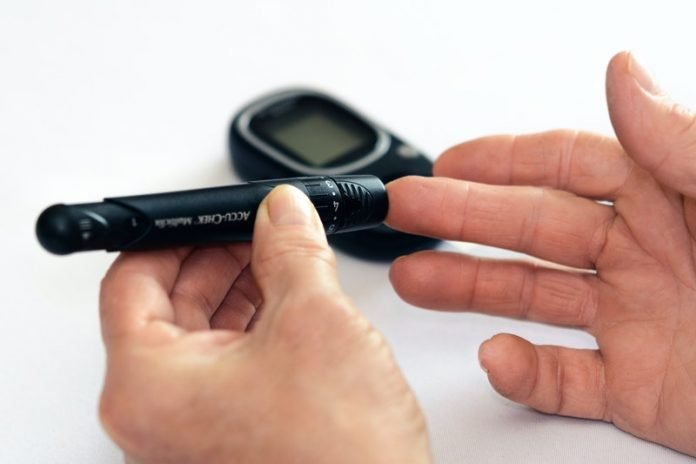
In a recent study presented at the virtual 81st Scientific Sessions of the American Diabetes Association, researchers found two medications have proven to be most effective in keeping blood sugar within a target range while managing type 2 diabetes.
Out of four medications commonly used in conjunction with metformin, liraglutide and insulin were superior to glimepiride and sitagliptin in keeping A1C (a measurement of average blood glucose) levels less than 7%.
The study is from the University of North Carolina. One author is Sue Kirkman, MD.
In the study, about 1,250 patients out of 5,000 with type 2 diabetes were assigned to each of the four medications in conjunction with ongoing metformin therapy.
The comparison included two oral medications, the sulfonylurea glimepiride and the DPP-4 inhibitor sitagliptin, and two injectable medications, insulin glargine and the GLP-1 receptor agonist liraglutide.
The team showed liraglutide and insulin were the most (and similarly) effective in keeping A1C levels less than 7%, glimepiride had a smaller effect and sitagliptin showed the lowest effect.
Insulin glargine was most effective in keeping A1C levels less than 7.5%, a secondary outcome of the study.
The team says that once metformin is no longer keeping blood sugars levels in the target range, the results help decide which secondary medication may be most beneficial.
Injected liraglutide and once-daily “basal” insulin controlled A1C/average blood sugar for much longer than glimepiride or sitagliptin, with sitagliptin coming in last in the results.
The differences were particularly striking when the baseline A1C was higher. This suggests that for controlling blood sugars, especially if control is not good on metformin, the two injected agents will likely work better.
The team also found that on average, participants treated with liraglutide and sitagliptin had more weight loss than those treated with glimepiride, while the participants assigned to insulin glargine had stable weight over time.
In addition, liraglutide had more gut side effects, such as nausea, abdominal pain, and diarrhea, than the other three medications.
Glimepiride was associated with a higher risk for severely low blood glucose than the other medications, although this was rare.
Based on preliminary results, liraglutide had a relative benefit compared with the three other medications for reduction of a composite outcome of heart attacks, stroke, and other heart and vascular complications.
If you care about diabetes, please read studies about eating breakfast before this time may reduce your diabetes risk and findings of this surgery can be a ‘cure’ for type 2 diabetes.
For more information about diabetes and your health, please see recent studies about common drugs for inflammation may increase your diabetes risk very fast and results showing that this common nutrient may be key to better diabetes treatments.
Copyright © 2021 Knowridge Science Report. All rights reserved.



